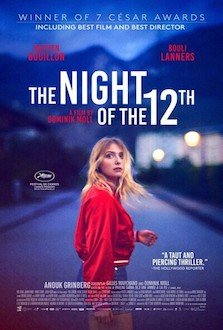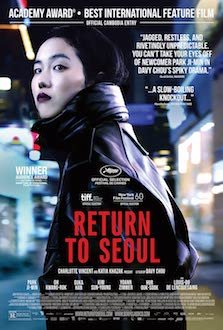Direction: Chad Stahelski
Country: USA
The fourth installment in the John Wick franchise is pelted with gratuitous violence, far-fetched action scenes, and dialogue marred by triviality. Over nearly three hours, we follow Wick (Keanu Reeves) - the perpetual killer turned ‘excommunicado' by the High Table - fighting for his freedom.
In this episode, director and former stuntman Chad Stahelski takes the acrobatics too far, making almost impossible to count the number of stray bullets wasted in confrontations with numerous Table vassals commanded by the unrestrained and sadistic Marquis de Gramont (Bill Skarsgård). His main opponents here are his former ally turned enemy, Caine (Donnie Yen); a mysterious tracker who goes by the name of Mr. Nobody (Shamier Anderson); and Killa Harkan (Scott Adkins is unrecognizable), the head of the German Table.
Using multiple settings - from New York to Osaka to Berlin and then, finally, Paris - Stahelski included long and repetitive action scenes that don’t make the film any better since the script’s infinite roundabouts are terribly limited. It all turns ridiculous in this endless killing saga with absent thrills and not much to tell.
By trading brains for bullets and characters for puppets, the director made the worst possible choices for this exhausting fourth chapter. I was hoping this one would be a definitive wrap up of Wick as a renegade. But no, it seems that a first spin-off to the John Wick films - directed by Len Wiseman (Underworld, 2003; Total Recall, 2012) and titled Ballerina - is on its way. Taking into account the director's style and past work, the focus should remain on the box-office, not on a clever script with acceptable perspectives.








































